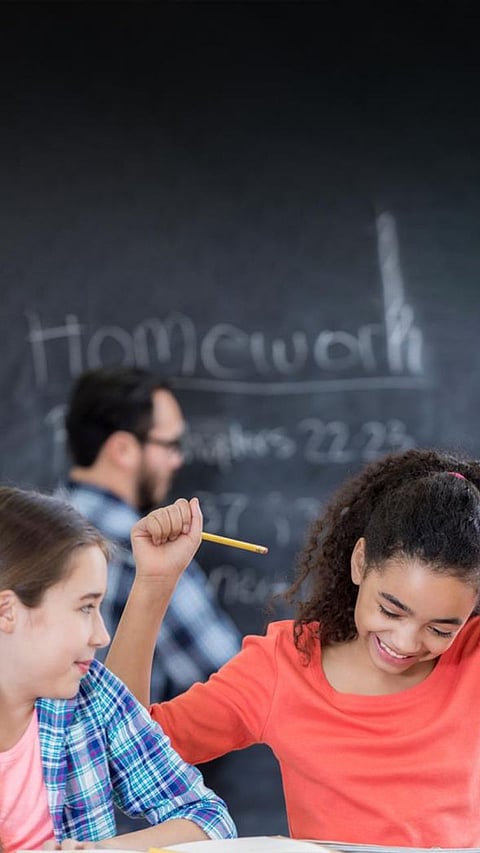Stories
9 ways in which Educational Escape Rooms help students
Engagement Boost: Interactive challenges captivate students, making learning memorable, exciting, and more meaningful than traditional instructional methods
Collaboration Enhancement: Students work together, strengthening teamwork, communication, and shared problem-solving, essential for real-world applications
Critical Thinking: Puzzles demand logical reasoning, pattern recognition, and analytical skills, sharpening cognitive abilities in practical scenarios
Time Management: With a ticking clock, students learn to allocate time efficiently, prioritizing tasks and distributing responsibilities
Tangible Learning: Physical interactions with clues and objects cater to kinesthetic learners, promoting hands-on experiential learning
Immediate Feedback: Instant results from puzzles provide immediate feedback, reinforcing correct solutions and addressing misconceptions on the spo
Curriculum Integration: Escape rooms can be tailored to specific subjects, making abstract concepts tangible and relatable
Building Resilience: Facing challenges and setbacks cultivates perseverance, teaching students to approach problems with tenacity and resilience
Enhanced Creativity: Diverse puzzles encourage out-of-the-box thinking, fostering innovative solutions and creative problem-solving techniques

